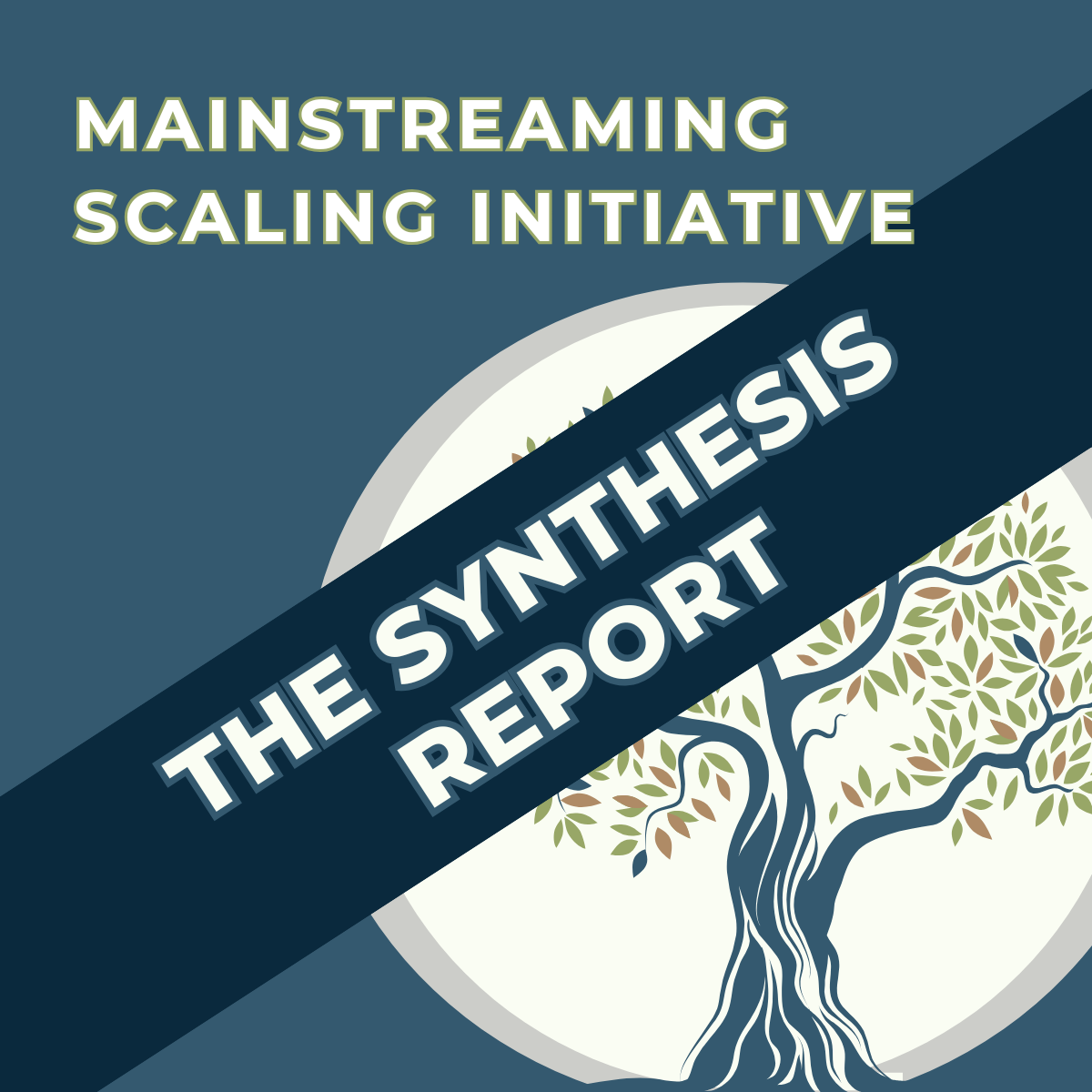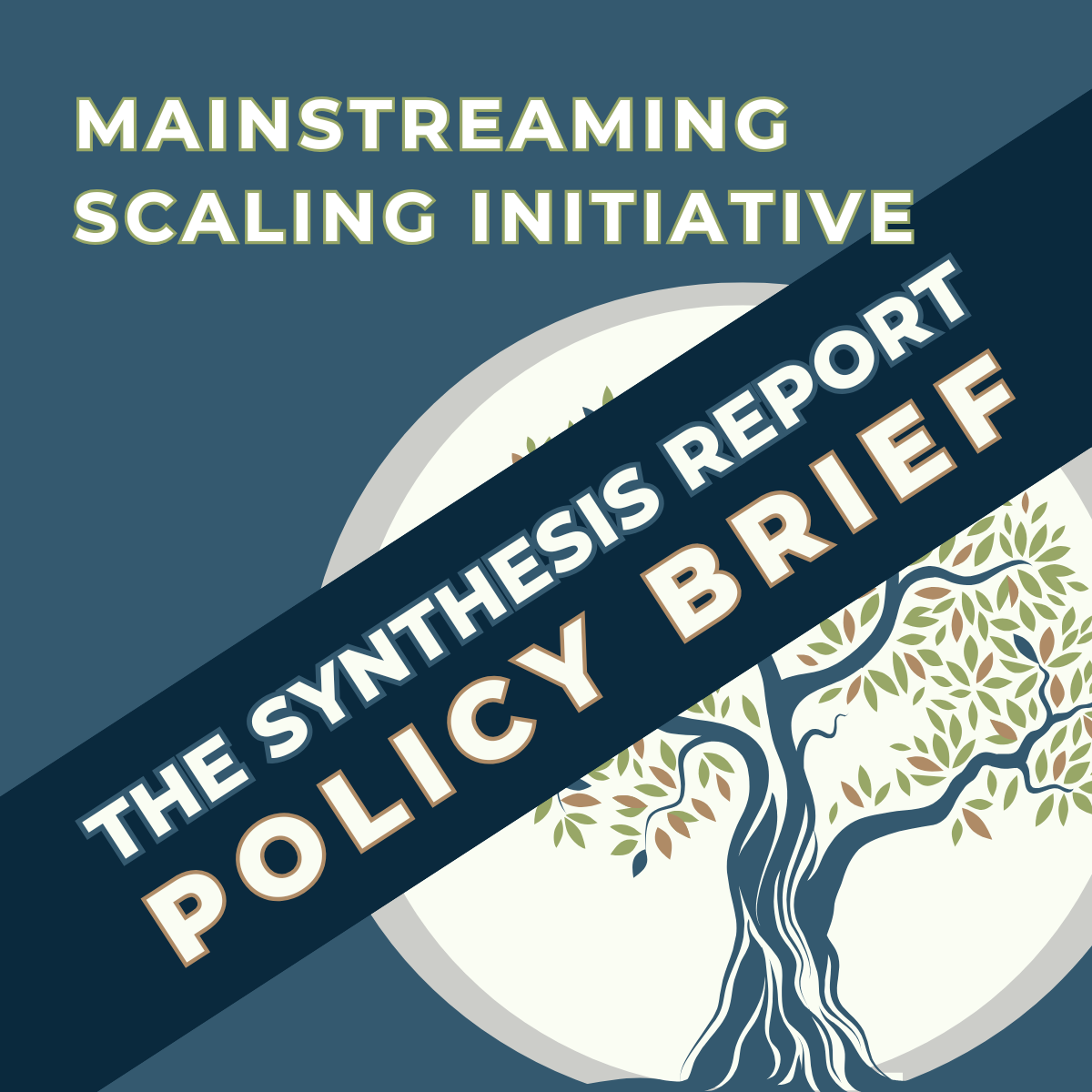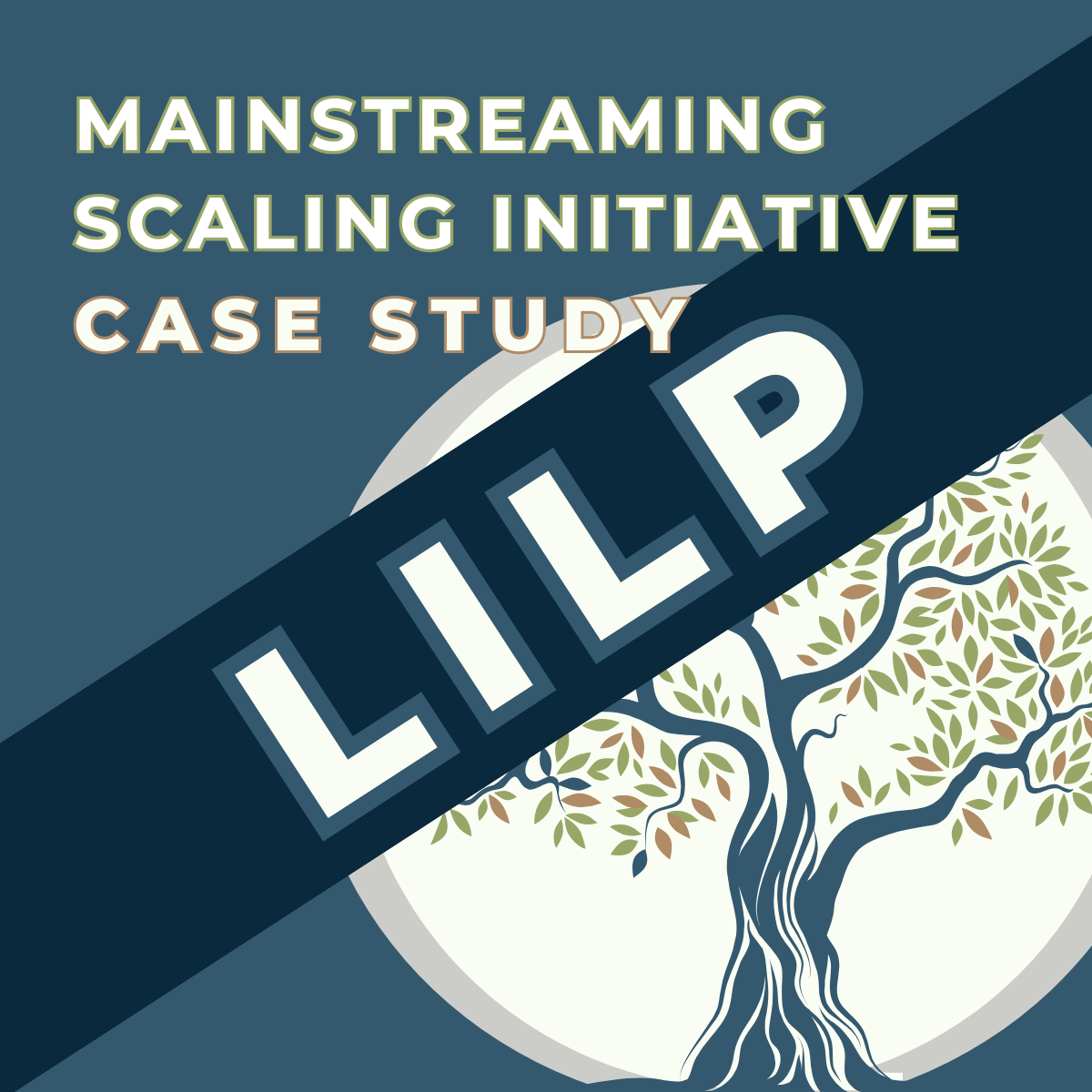The Education Working Group hosted a webinar on April 9, 2020, to discuss how members are continuing (or exploring how to continue) learning opportunities in the midst of the global COVID- 19 pandemic, and more specifically to:
- Discuss immediate and longer-term impacts of COVID-19 on children’s education.
- Share information about current education efforts underway in response to COVID-19 crisis and where the education community can learn from other efforts.
- Explore where the Education Working Group can contribute and add value, in the short- and long-term.
Speakers included Molly Curtiss (Senior Research Analyst, Center for Universal Education with Brookings), Rebecca Winthrop (Senior Fellow and Co-Director of the Center for Universal Education with Brookings) and Mary Burns (Senior Learning Technologist with EDC). Discussion began with a review of the likely short- and longer-term impacts of COVID-19 on the education sector, including interruptions to learning, child protection risks, spillover effects of economic hardships on families, and decreased funding for the education sector.
The application of core programming principles in Education in Emergency responses, such as ‘do no harm’ and ‘building back better’, to the COVID-19 education sector response was also a key focus. It was noted that, in a post-COVID 19 world, there may be greater appetite for experimentation and adaptation to 21st century realities. In essence, this enacts an EiE (Engineering is Elementary) principle to create an emergency response with a development vision.
Working Group members also discussed at length the use of education technology to mitigate the detrimental effects of COVID-19 on student achievement and wellbeing, and the varying effectiveness of different platforms such as phones and Interactive radio Instruction.
The challenge of implementing and scaling effective distance education strategies, creating compensatory/remedial education models to make up for lost instructional time in particular for disadvantaged students, and providing the support teachers and parents need during this time remains a key discussion topic for the Working Group.
Non-Exhaustive List of Resources:
- UNESCO tracking impact on education & compiling national education plans and policies.
- Global Education Cluster compiling global, regional, country-level resources.
- UNICEF issued IASC guidance with WHO and IFRC on COVID-19 prevention & control in schools.
- World Bank tracking impact on education and compiling key resources.
- Harvard & OECD developing decision-making framework to guide education decision-makers to develop & implement effective responses.
- Global Business Coalition for Education compiling resources & tools from ~75 global companies.
- Education Alliance compiling landscape reviews and other resources.
- Ed Tech Hub sharing open educational resources.
- HundrED & OECD publishing curated list of resources and webinars to train educators.
- Innovation Edge sharing parenting resources.


